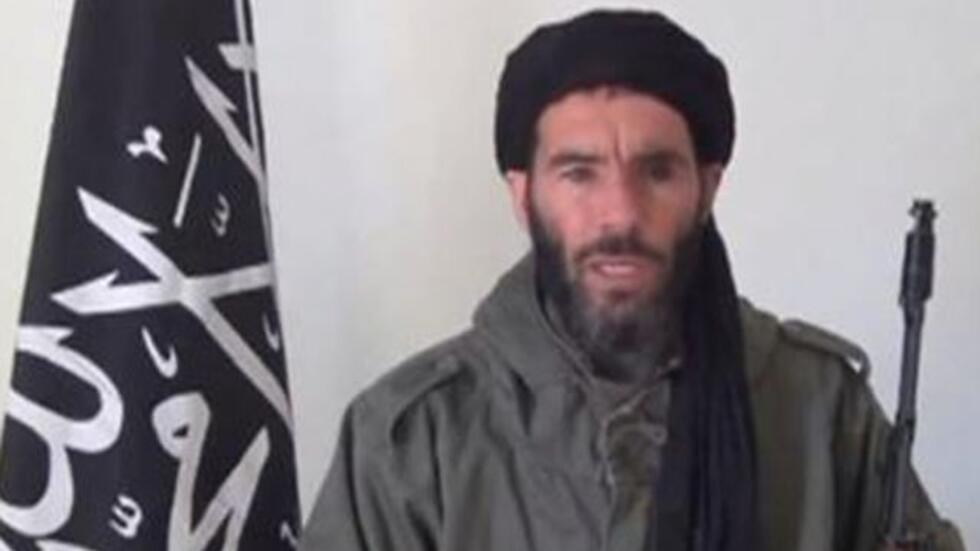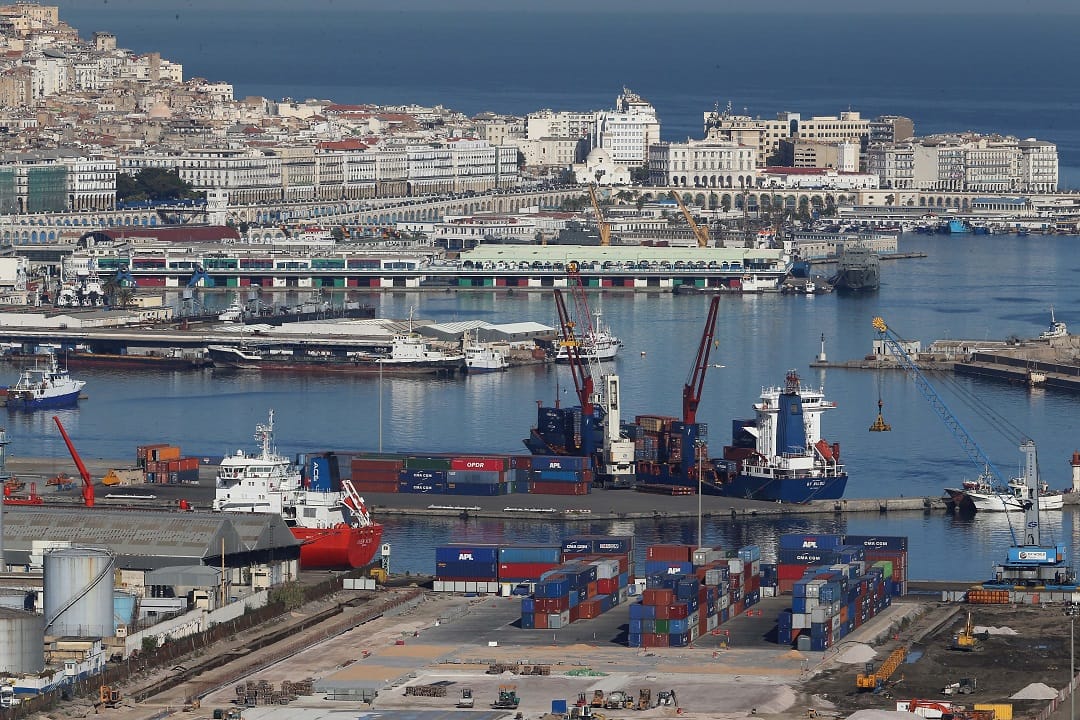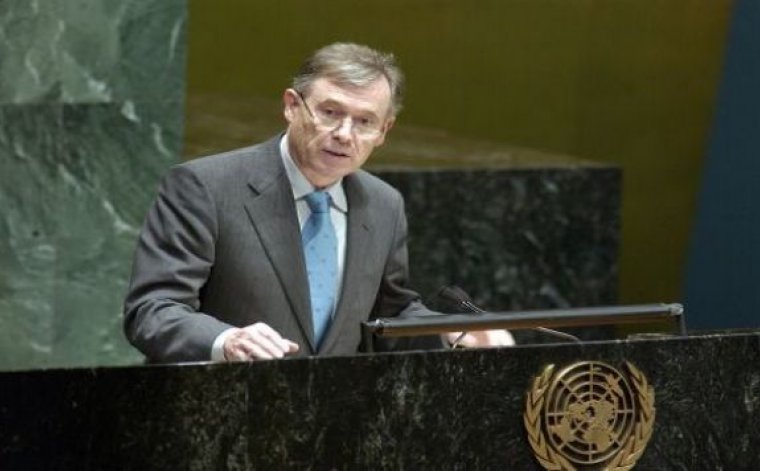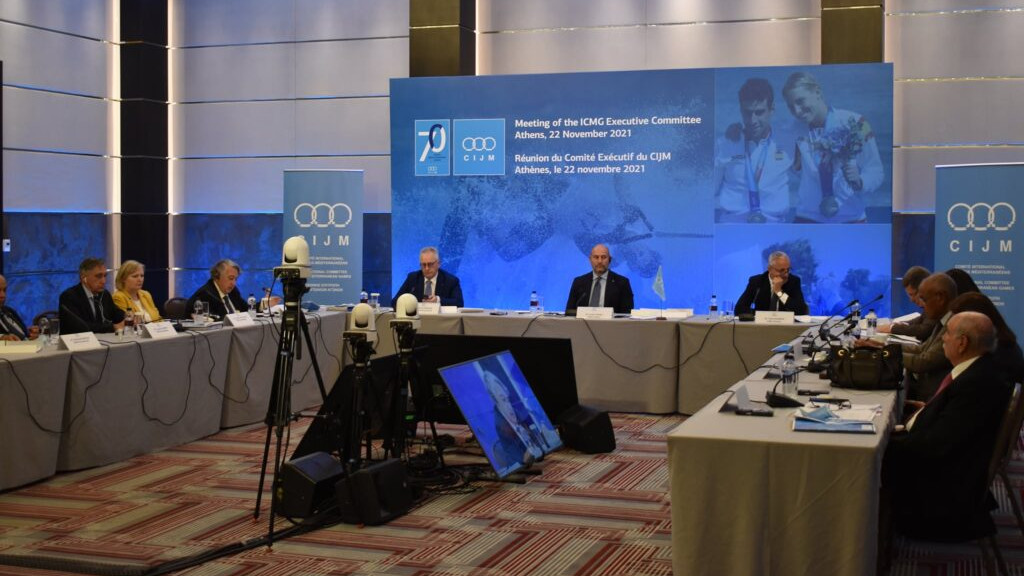Algeria has for long marketed itself as a country that defeated terrorism as it wishes to attract tourists to its vast and underdeveloped south. But the slaughtering of a Swiss tourist in October and the kidnapping of a Spanish national a few days ago, along with the travel warnings by western countries show the dim reality of an insecure Algeria with homegrown terrorist groups.
Enrique Fernández, a 62-year-old tourist, was misled by Algerian propaganda which tends to lure tourists to its desertic south to enjoy impressive sceneries at the peril of being kidnapped by the numerous Jihadist groups in the region.
He was kidnapped and taken to Mali. Media reports suggest he is held by ISIS. The Spanish embassy reacted by warning against any travel to southern Algeria.
His abduction shows that Algeria’s south is becoming a cradle of terrorist groups. In October, a Swiss woman had her throat slit before her own kids in a terrorist attack in the southern city of Djanet.
The prevailing insecurity in Algeria’s south, where it seeks to attract tourists, has led many western countries to warn against all travel near the borders and exercise extreme caution in the Algerian territory.
“The main terrorist threat is from Al-Qaeda in the Islamic Maghreb (AQIM) and other regional Islamist groups including Al Murabitun and Daesh affiliates. There’s also a threat from individuals inspired by Daesh,” according to the UK government’s travel advice, which adds that “these groups have been active across the country and pose a threat throughout Algeria, including in Algiers and other major cities.”
The US State Department has also warned of the existence of such groups in Algeria.
As the specter of kidnapping for ransom by terrorist groups haunts Algeria, the country indulges in fabricating sham terrorism charges against its own peaceful political opponents.
Instead of fighting terrorist groups in the Sahel, Algeria is busy sending scores of Kabyle independence activists and opposition members of Rashad as well as critics, including writers and journalists, who have been charged with terrorism.
Despite its colossal spending to buy Russian arms, Algeria stations most of its army on its most secure border with Morocco, where it stokes separatism by backing a separatist movement whose growing links with other terrorist groups in the Sahel and with Iran raises concerns about its destabilizing risk in the region.
Algeria’s strategy of exporting its homegrown terrorist groups has backfired as many return to Algeria’s vast south, amid a crackdown by Wagner-backed Sahel armies. Algeria will have to align its strategic focus to securing its territories instead of fixating on an arms race with Morocco, a country that attracted 17.5 million tourists in 2024, with zero terrorist incidents.



